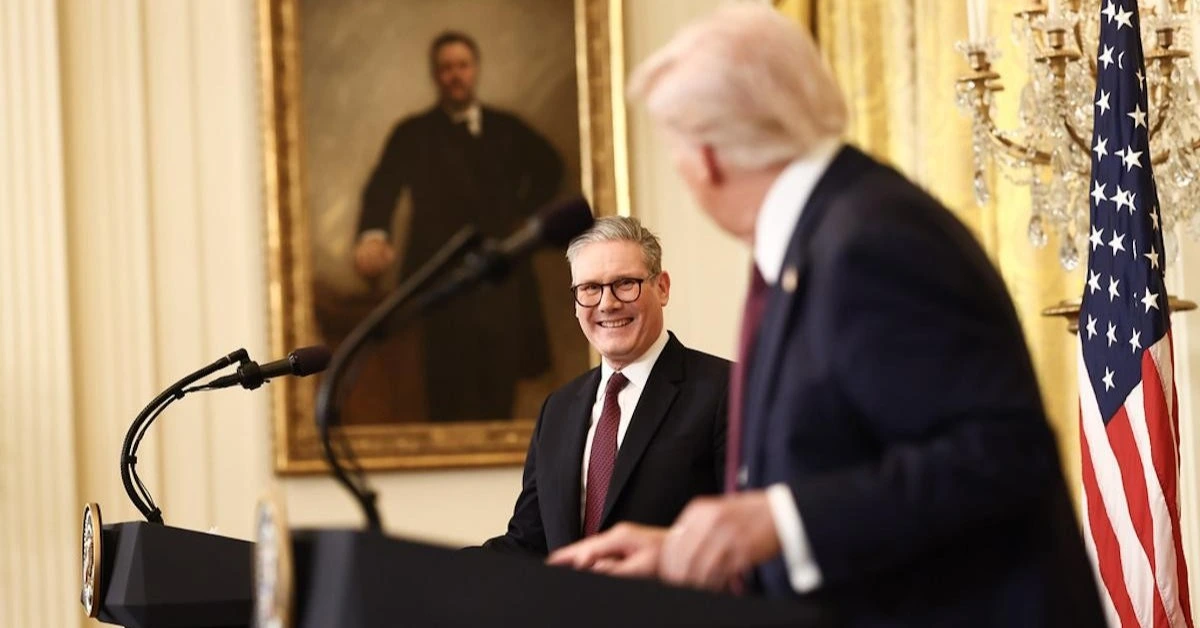
UK – Expectations that the UK-US trade agreement would provide clarity for the pharmaceutical sector, one of the UK’s largest export industries – have proven overly hopeful.
Although the UK has become the first country to strike a trade deal with the US since President Donald Trump announced new tariffs in April, the agreement falls short of the “full and comprehensive” deal that had been anticipated.
Pharmaceuticals were noticeably absent from the key sectors discussed in the ‘agreement in principle’ announced by Trump and UK Prime Minister Keir Starmer.
Instead, the focus was on the automotive and metals industries. US tariffs on cars were lowered from 27.5% to 10%, and levies on steel and aluminium were removed entirely.
Since Trump has not yet imposed tariffs on medicines, hopes that pharma would be included in the deal may have been premature.
A UK government statement confirmed that talks on pharmaceuticals and other remaining issues are still ongoing.
Downing Street has suggested that the UK could receive “preferential treatment” in future tariff decisions, particularly as the US Department of Commerce continues its Section 232 investigation into pharmaceuticals–a process that could lead to new tariffs in the coming weeks.
For now, the UK pharmaceutical sector, which exported £8.8 billion worth of products to the US in 2024, remains in limbo as it awaits details on what “preferential treatment” will actually mean.
Ewan Townsend, a trade law expert at Arnold Porter, noted that with the investigation likely to result in tariff recommendations, UK pharma companies are now left uncertain about whether their exemption will hold.
Outside of pharma, the agreement is still a political win for the UK government, which is eager to show progress in trade relations amid slipping public approval.
Starmer described the deal as a lifeline for British industries, saying it protects thousands of jobs and proves that the UK is ready to work with allies in a more competitive global trade environment. Still, he admitted that “this is jobs saved, jobs won—but not job done.”
This follows another recently signed UK-India trade agreement, which was also celebrated by the government but criticized by the pharmaceutical industry.
The Association of the British Pharmaceutical Industry (ABPI) said it failed to address ongoing concerns about intellectual property protections in India.
XRP HEALTHCARE L.L.C | License Number: 2312867.01 | Dubai | © Copyright 2025 | All Rights Reserved